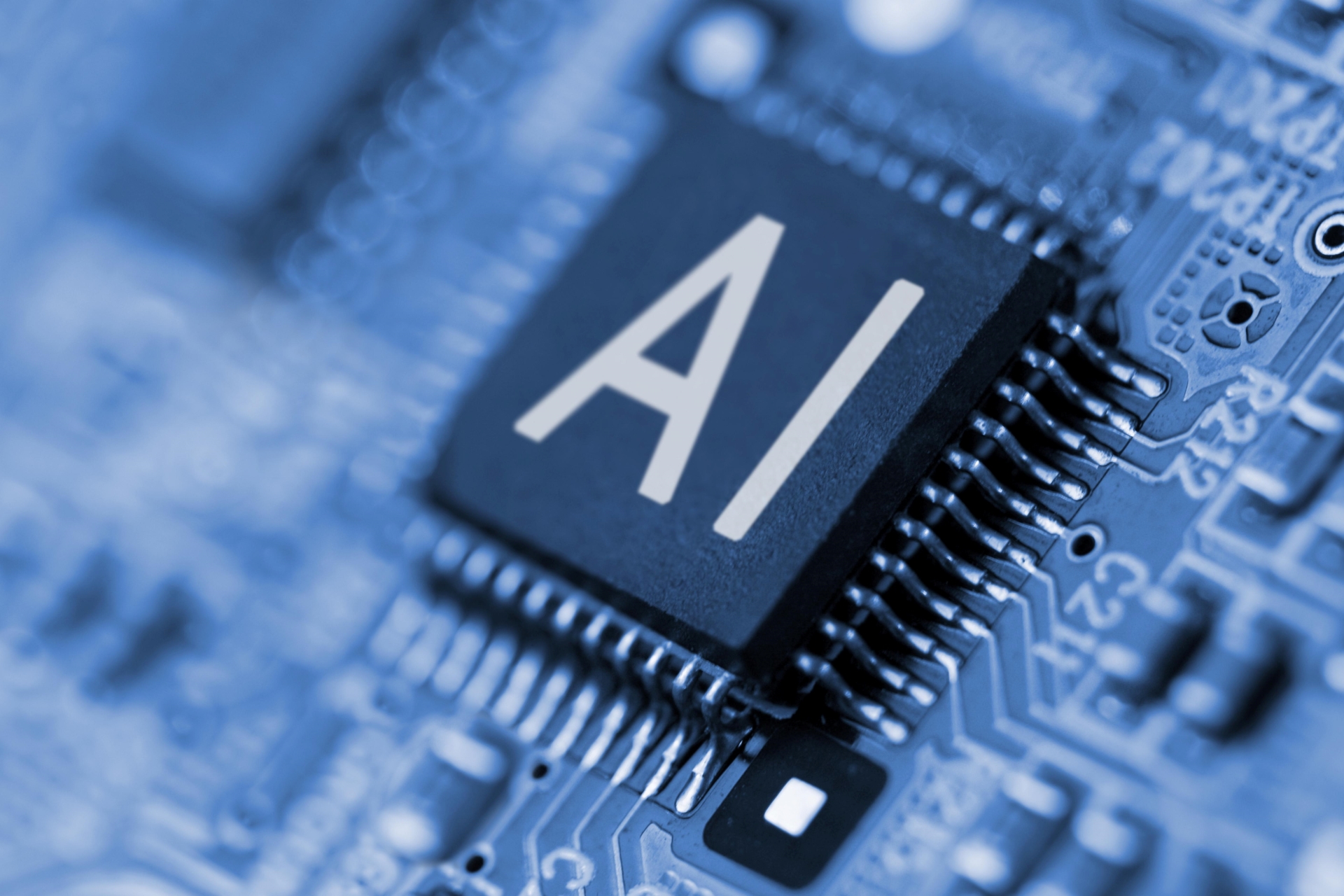
When it comes to technological innovation, artificial intelligence is one of the most talked about topics. And web design is no exception. Artificial intelligence is revolutionizing website design at an astonishing rate – from analyzing user behavior to detecting emerging trends. But what are the ways in which AI can influence website design? In this blog post, we will look at how AI is radically transforming web design and take a look at the following benefits it offers:
-
- How AI is Changing Web Design
- Benefits of Using AI in Website Design
- How to Implement AI in Your Design Strategies
- Conclusion
GET A QUOTE
WE BECOME GREAT
BY WORKING TOGETHER
Ready to reach new heights? Get started now by requesting a free quote.

